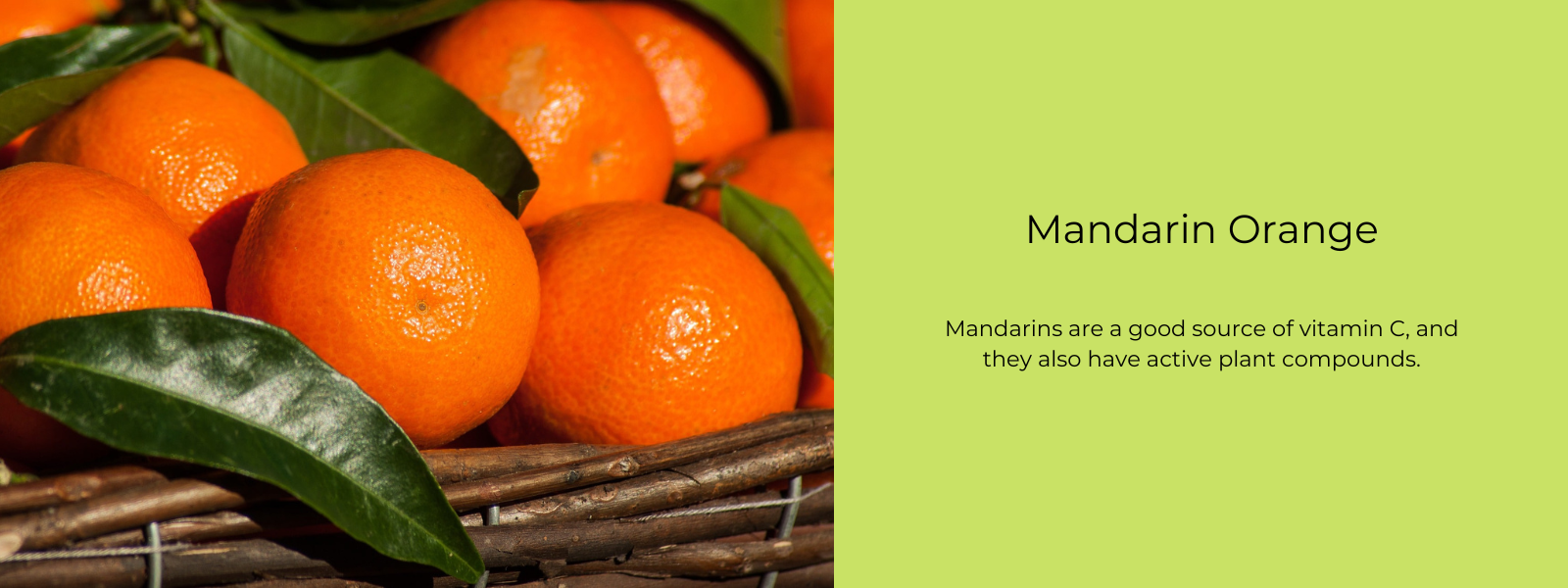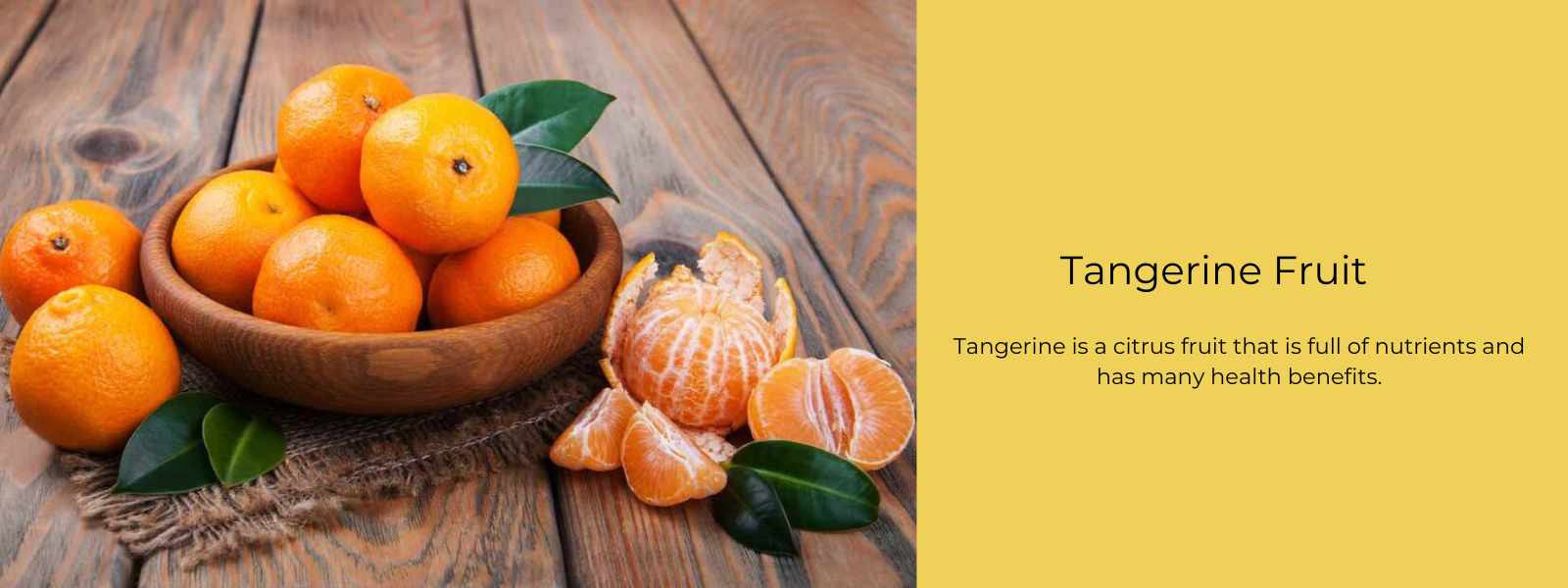Orange is one of the most popular fruits around the world and is known to be good for your health.
Oranges can be eaten as a snack, but they can also be a big part of many different meals. Orange juice is now an important part of a healthy breakfast, which helps people start the day off healthy. They mostly come in two types: sweet and bitter, with sweet being the most common. In general, the skin of an orange should be smooth and firm, and it should be heavy for its size. These will have more juice than those that are either more spongy or lighter.
Table of Contents
What are oranges?
Oranges are a type of citrus fruit that were created when a pomelo (Citrus maxima) and a mandarin were crossed (Citrus reticulata). There are both sweet and bitter oranges that can grow on orange trees. Orange fruits are known for having a lot of vitamin C in them. This citrus fruit is known for having a lot of vitamin C. Oranges, on the other hand, have a lot of other plant compounds and antioxidants that may help fight disease and reduce inflammation.
Origin of orange:
The orange came from an area that includes Southern China, Northeast India, and Myanmar, and the first time the sweet orange was mentioned in writing was in China in 314 BC.
Whole orange Vs Orange juice
Orange juice is not as healthy or nutritious as a whole orange. The reason is that it has fibre in it. One cup, or 240 ml, of pure orange juice has the same quantity of sugar as two whole oranges, but it doesn't make you feel as full because it has less fibre. Fiber makes your stool bulky and keeps you from getting constipated. If you're trying to lose weight, it's much better to eat fruit than to drink fruit juice, since drinking too much fruit juice can make you eat too many calories.
If you still want to drink juice, only drink freshly squeezed orange juice in small amounts. The store-bought drink is not very healthy and has chemicals in it to keep it from going bad.
Oranges are safe to eat, and only very rarely do people get allergies after eating them. Due to citric acid and ascorbic acid, eating this acidic fruit might make heartburn worse for people who already have it (vitamin C).
What is the best time to eat an orange?
Orange is a fruit that's full of Vitamins and Minerals. The best time to eat an orange is whenever you want to. Stop worrying about articles that say it's not a good idea to eat fruit on an empty stomach or late at night. It doesn't matter if you eat it first thing in the morning, before lunch, as a snack in the evening, before or after dinner, or as part of any meal. On the other hand, if you don't eat it after a certain time, your body misses out on healthy snacking options.
Health benefits of oranges:
- Rich vitamin C
Oranges are one of the best ways to get vitamin C. One orange has 116.2 percent of the vitamin C you need for the day. Colon cancer risk goes down when you get enough vitamin C because it helps get rid of free radicals that damage our DNA.
- Boosts Immune system
Vitamin C, which is also important for a healthy immune system, can help keep you from getting colds and ear infections that keep coming back.
- Prevents skin damage
Antioxidants in oranges protect the skin from damage caused by free radicals, which are known to cause ageing signs. Even if you're 50, eating an orange a day can help you look younger.
- Manages blood pressure
Oranges are full of Vitamin B6, which helps the body make haemoglobin. The magnesium in oranges also helps keep blood pressure in check.
- Helps the body absorb iron
Citrus fruits are very important to the way our bodies work because they help our bodies absorb iron. Citrus fruits have always been recommended by doctors for people with anaemia. Anaemia is a condition in which the body doesn't have enough of the mineral iron, which it needs to work. Oranges don't have much iron, but they do have a lot of vitamin C, which helps your body absorb iron.
- Helps keep the heart healthy
If oranges are eaten within the recommended limits, the nutrients in them lower the risk of heart disease. Heart diseases are one of the main reasons why people die too soon all over the world. Since oranges can control the amount of cholesterol in the blood, which is a cause of most heart problems, they are linked to good heart health.
- Controls blood sugar level
Oranges are a healthy snack for people with diabetes because the fibre in them helps keep blood sugar levels in check. Oranges also have sugars that are easy to digest. Fructose, which is a natural fruit sugar found in oranges, can help keep blood sugar from getting too high after a meal. It has a glycemic index of 40. Foods with a glycemic index under 50 are usually low in sugar. But that doesn't mean you should go and eat too many oranges at once. When you eat too much, your insulin level goes up, which can make you gain weight.
- Prevents cancer
Oranges have a chemical called D-limonene, which is said to protect against lung cancer, skin cancer, and even breast cancer. Oranges have vitamin C and antioxidants, which are both important for building up the body's immune system and fighting cancer. The fruit also protects against cancer because it has a lot of fibre. A study found that up to 15% of cancers are caused by changes in the DNA, which can be stopped by taking Vitamin C.
- Makes body alkaline
Oranges are acidic before you eat them, but they have a lot of alkaline minerals that help with digestion. This is the same thing that lemons do, and lemons are definitely one of the most alkaline foods.
- Keeps eyes healthy
Oranges have a lot of carotenoid in them. They are a good source of vitamin A, which is important for keeping the mucus membranes in the eyes healthy. Vitamin A also helps stop age-related macular degeneration, which can lead to blindness in the worst cases. Also, it helps the eyes take in light.
- Prevents constipation
Oranges have both water-soluble and water-resistant fibre. This keeps your intestines and stomach working smoothly and keeps you from getting irritable bowel syndrome. Also, the fibre makes it easier to get rid of constipation.
FAQs on Oranges:
Ques: Is there more Vitamin C in oranges than in lemons?
Ans. Both oranges and lemons have about the same amount of vitamin C, but oranges have a little more. Also, the outside skin of both has more Vitamin C than the pulp itself. Orange juice has more Vitamin C than lemon juice, though.
Ques: How do I choose good oranges?
Ans. Don't choose an orange based on what colour it is. A green orange can have the same sweetness as an orange. It's a fresh orange if it feels heavy for its size and has a firm, smooth skin. Don't buy oranges that have soft spots or look like sponges.
Ques: Can oranges make you feel sick?
Ans. Yes, orange is very acidic because it is a citrus fruit. Those who already have acidity should only eat it in small amounts.
Ques: How do you store oranges?
Ans. You can keep oranges out on the counter for up to two days. After that, they should be kept in the fridge for no more than two weeks.











Leave a comment